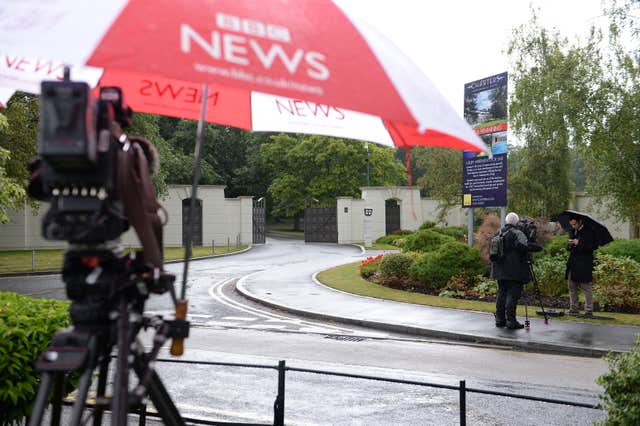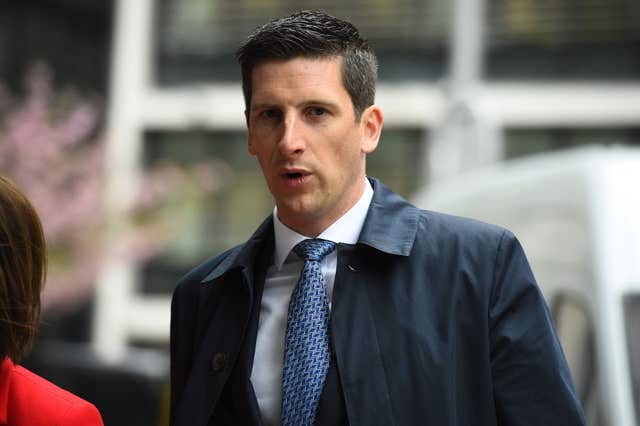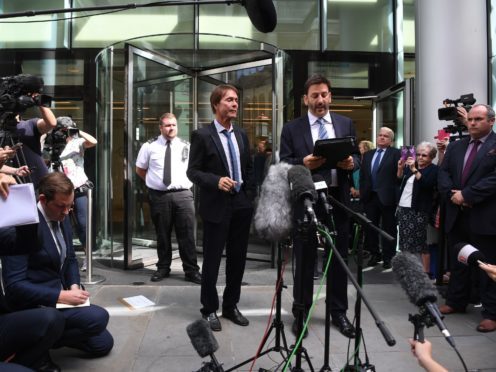Below is a summary of Mr Justice Mann’s key findings on the evidence and his conclusions regarding the BBC’s breach of Sir Cliff’s privacy.
– Sir Cliff was a compelling witness and his evidence was accepted in full.
– The singer had a legitimate expectation of privacy from South Yorkshire Police in relation to the investigation and the search of his home, and his right to privacy was not outweighed by the BBC’s right to freedom of expression.
– The consequences for Sir Cliff of the police investigation being made public were very serious and are likely to have been magnified by the manner and style of broadcasting.
– The filming into Sir Cliff’s flat was an infringement of his privacy rights and added to the somewhat sensationalist nature of the coverage. The main use of the helicopter was to add sensationalism and emphasis to the scoop of which the BBC was so proud.

– The BBC viewed this as a big story, and presented it in a big way. The corporation went in for an invasion of Sir Cliff’s privacy rights in a big way. The BBC added drama and a degree of sensationalism by the nature of its coverage.
– The effect on the singer was profound and affected his dignity, status and reputation to the extent that he felt he could not face the world in the manner in which he had done previously.
– He would have been caused upset even if the investigation had not been publicised but that would pale into insignificance to what he did suffer.
– General damages of £190,000 awarded plus £20,000 aggravated damages for the BBC’s submission of the story for a “scoop of the year” award, which to a degree repeated the invasion of privacy with a metaphorical fanfare.
– BBC reporter Dan Johnson was anxious to make a bit of a name for himself by getting this story and bringing it home.

– The tone of the BBC broadcasts was consistent, a significant degree of dramatic urgency which it would not be unfair to describe as somewhat sensationalist.
– This was a very big story for the media once the BBC broke it, with enormous coverage in this country and across the world, with the 1pm BBC broadcast attracting 3.2 million viewers.
– Mr Johnson’s contact who tipped him off about the investigation into Sir Cliff was someone in a police force, or someone associated with a police force, and the reporter was probably aware the original source of the information was Operation Yewtree or the Metropolitan Police. The reporter knew, or ought to have known that the information from his source was confidential and sensitive.
– Mr Johnson said something to the effect that the origin of his source was Operation Yewtree in a July 2014 meeting with South Yorkshire Police (SYP) representatives. His tactic at that meeting was to exploit the opportunity to get confirmation of his story and further details.
– The information was disclosed by the police because Mr Johnson had wrongfully exploited the confidential information previously acquired from his source to manoeuvre SYP into further disclosures, which the force misguidedly made.
– The police were motivated by a desire to remove the risk of premature publication, and there was an agreement to tell Mr Johnson the search date and time in exchange for non-publication at that stage.
– Knowing that Sir Cliff was under investigation might be of interest to the gossip-mongers but did not contribute materially to the genuine public interest in the existence of police investigations into historic sex offences.
– Public figures are not fair game for any invasion of privacy and Sir Cliff’s public profile did not diminish the weight of his right to privacy.
– The BBC was the most potent causer of Sir Cliff’s damage and its breach of his privacy was more significant than SYP’s.
